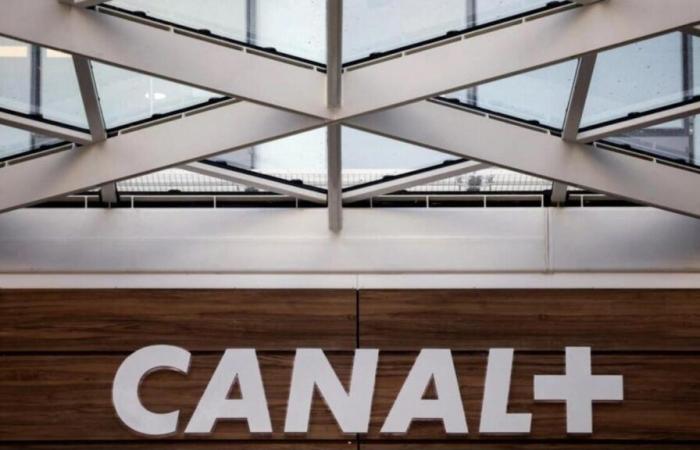The Canal+ television channel celebrated its 40th anniversary on November 4. And today, the group displays great international ambitions.
If we still sometimes talk about Canal+ as an encrypted channel, it is in reference to its beginnings, 40 years ago, when it was the first to launch a subscription model. It was then perceptible, with its blurring and crackling, on the fourth channel of a television which at the time only had three channels.
Its founder is André Rousselet who, as president of Havas, is close to French President François Mitterrand. It is he who will make the success of Canal+. He resigned and was replaced by Pierre Lescure in 1994, when Canal+ fell under the control of Jean-Marie Messier's Compagnie Générale des Eaux. Then, the group embarks on the American adventure of Vivendiwhich bought Universal and suffered its first failure in Italy. Canal+ is recovering and developing its original series under the presidency of Bertrand Méheut. It was only in 2014-2015 that Vincent Bolloré takes control of the group.
New strategy under Bolloré
And there, a lot of things are changing for Canal+. Firstly because Vincent Bolloré brings with him his TNT channel which will become C8. Under his leadership, the continuous news channel Itélé is transformed into CNews. Two channels that the regulator has fined several times and which are accused of leaning to the extreme right.
Vincent Bolloré is subjecting the Canal+ channel to austerity by removing most of its free programs such as the Grand Journal or the Guignols de l'info. That’s the end of Canal’s free and offbeat tone. The channel maintains its commitment to cinema but stops being the broadcaster of Ligue 1. The group will lose its TNT frequency for C8. It now sees itself primarily as a distributor of programs through MyCanal, which broadcasts the main streaming platforms.
Hear its influence internationally
And it is also a new axis for Canal+ internationally, particularly in Africa. The group was already present in Africa, but it is developing in Central Europe and Asia. Two thirds of its 26 million subscribers are now located outside France, where it remains in deficit. It was in the spring that the group launched a takeover bid for its South African rival. Multichoiceto establish itself in English-speaking and Portuguese-speaking Africa. He still has to convince the anti-trust authorities in Johannesburg, in particular by showing that he is making commitments to maintain employment, while the law prohibits a foreign company from having more than 20% of the rights of vote.
If it succeeds, the group will reach 50 million subscribers. It will be listed in Johannesburg, after having been listed in London from next December. A sign of its desire to attract investors and continue its acquisitions.
Also readMedia: why the French group Canal+ wants to buy the South African MultiChoice
France






